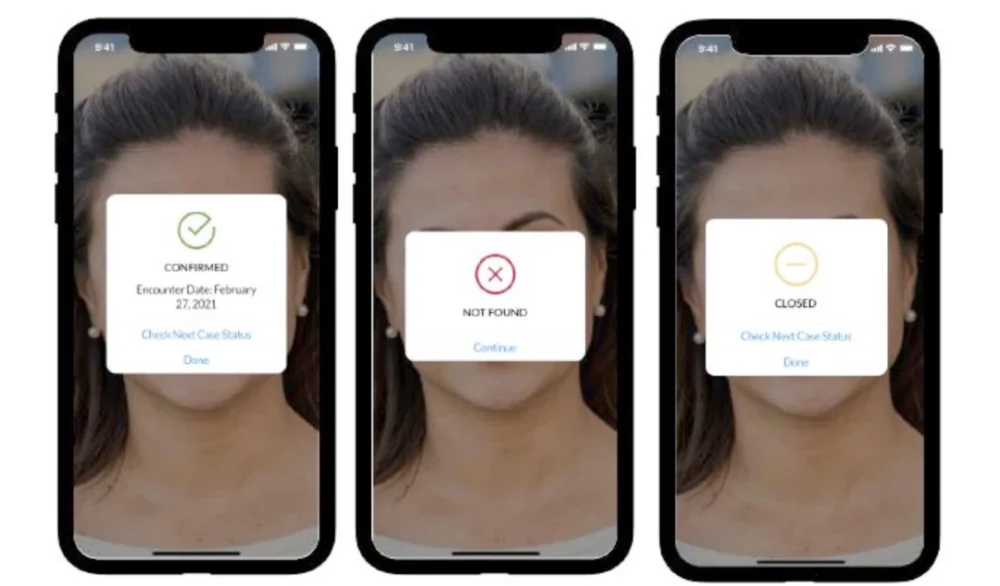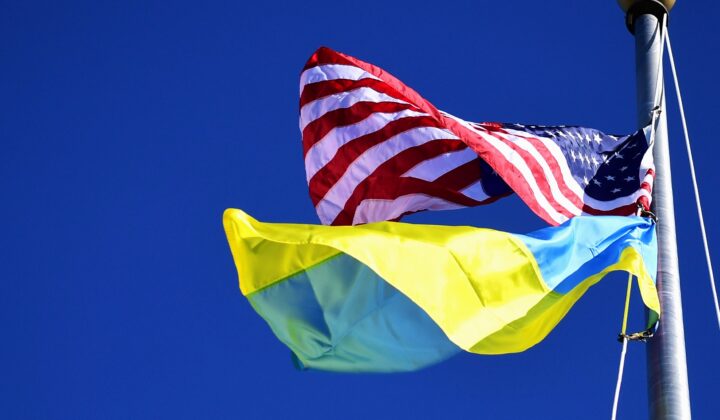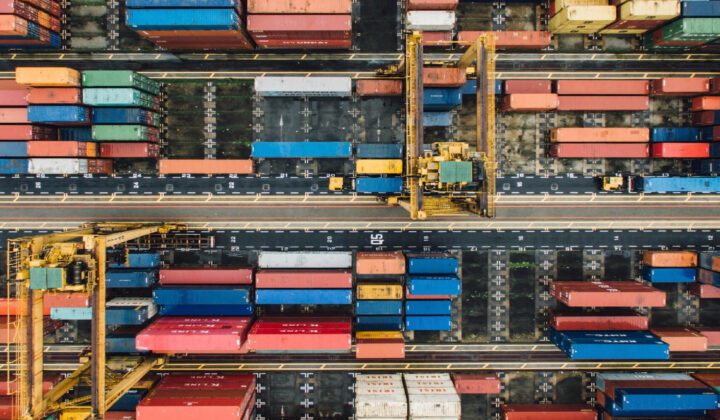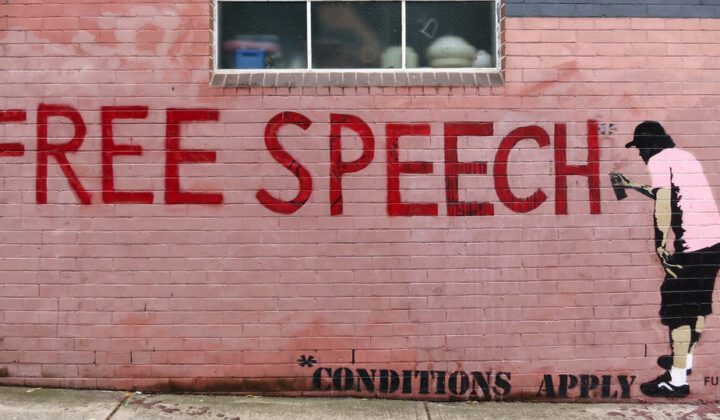On Friday, June 4, the LA Times reported that the Biden administration has rolled out an app that uses “facial recognition, geolocation, and cloud technology” to collect information on asylum seekers.
The app, CBP One, is intended to process asylum seekers while they are still in Mexico and determine whether they should be allowed to argue their case in America. With an individual’s consent, organizations such as the United Nations Refugee Agency collect “biographic and biometric information,” which the app then forwards to the U.S. Customs and Border Protection (CBP) agency. The CBP will use facial recognition software to verify migrants’ identities upon arrival at the border.
For foreign policy wonks, this news might be unsettling. The debate around mass surveillance is often framed in zero-sum terms, where societies must either shun emerging surveillance technology or risk becoming a China-style dystopian surveillance state. However, there’s a large gray area between libertarian blindness and totalitarian omniscience––one that America already finds itself in.
CBP One serves as a reminder that covert surveillance is already widespread in citizens’ lives—even in free societies. In America, the question isn’t whether we’ll adopt these new technologies; it’s what they’ll look like.
Why is America bound to embrace mass surveillance?
The government has an obligation to use technology to advance public safety. If a murderer is at large, it’s widely accepted that law enforcement agencies will employ intrusive tactics like tracking his cell signals and collecting fingerprints to send through our massive databases. Facial recognition is a significant advancement in surveillance technology, but it isn’t any more extreme than our current practices. Whether we like it or not, we’re already in the panopticon.
Still, American privacy protections are inadequate. According to the ACLU, the Bush administration “regularly tracked the calls of hundreds of millions of Americans,” and abuses continued long afterward. Recently, Congress did little more than scold Mark Zuckerberg for Facebook’s role in influencing the 2016 presidential election.
Understandably, Americans want improvements. When asked if the government had “gone too far in restricting civil liberties,” or “not gone far enough to protect [the] country,” more Americans chose “not gone far enough” in 11 out of 12 yearsfrom 2004 to 2015. At the same time, however, a majority of Americans disapprove of the government’s collection of phone and internet data. Americans want public safety and privacy, not one or the other.
What could democratic surveillance look like?
An influential paper from Yale’s Jack Balkin imagined a different future for democracies; one where we embrace the existing mass surveillance state for what it is, but guide it to serve our collective and personal interests.
In Balkin’s view, better surveillance would embrace three key principles. First, it would limit both the collection and storage of some types of data to prevent the unnecessary and egregious accumulation of personal information. Second, it would create a code of conduct for businesses that “collect, analyze, and sell personal information” as lax rules have let corporations act with impunity. And third, it would allow for direct oversight into executive bureaucracies’ surveillance programs, staving off the hidden abuses which ran rampant during the last three presidential administrations.
As it stands, two-thirds of U.S. citizens don’t believe that there are adequate limits on what types of data the government collects. Facial recognition software will lead to a safer, more efficient America. But until the government earns the trust of its citizens, applications like CBP One will only be interpreted as yet another glaring assault on personal privacy.





